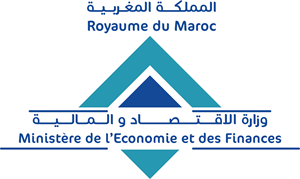 The dismissal of Mohamed Boussaid, Economy and Finance Minister, by King Mohammed VI came as Morocco is elaborating key economic and financial projects that will leave the upcoming minister with heavy responsibilities.
The dismissal of Mohamed Boussaid, Economy and Finance Minister, by King Mohammed VI came as Morocco is elaborating key economic and financial projects that will leave the upcoming minister with heavy responsibilities.
Boussaid was sacked by King Mohammed VI in line with Article 47 of the constitution and in implementation of the principle of linking responsibility to accountability.
Some analysts say he had to be dismissed because of his ill-management of the Economy and Finance ministry after dysfunctions that has marred a set of key projects in the country.
Starting with the appropriation bill, the successor of Boussaid will have to lead discussions for a 2019 budget that is elaborated in difficult conditions marked by a potential rise in oil prices and unfavorable international climate marked by sluggish growth in the EU, Morocco’s main trading partner.
The new economy and finance minister will also have to tackle the issue of the gradual dirham liberalization. Although the reform has so far shown the good health of the Moroccan financial system, a future expansion of the trading band for the dirham is an issue that requires careful thought and strengthening of Morocco’s economy, notably exports.
Policymakers finally eased their grip on the dirham on Jan. 15, allowing the currency to trade 2.5 percent above or below the official peg, compared with 0.3 percent either side previously.
The dismissal of Boussaid also came as the Parliament is about to make a decision on the reform of the status of Bank Al Maghrib, which has been designed to give the central bank more autonomy.


